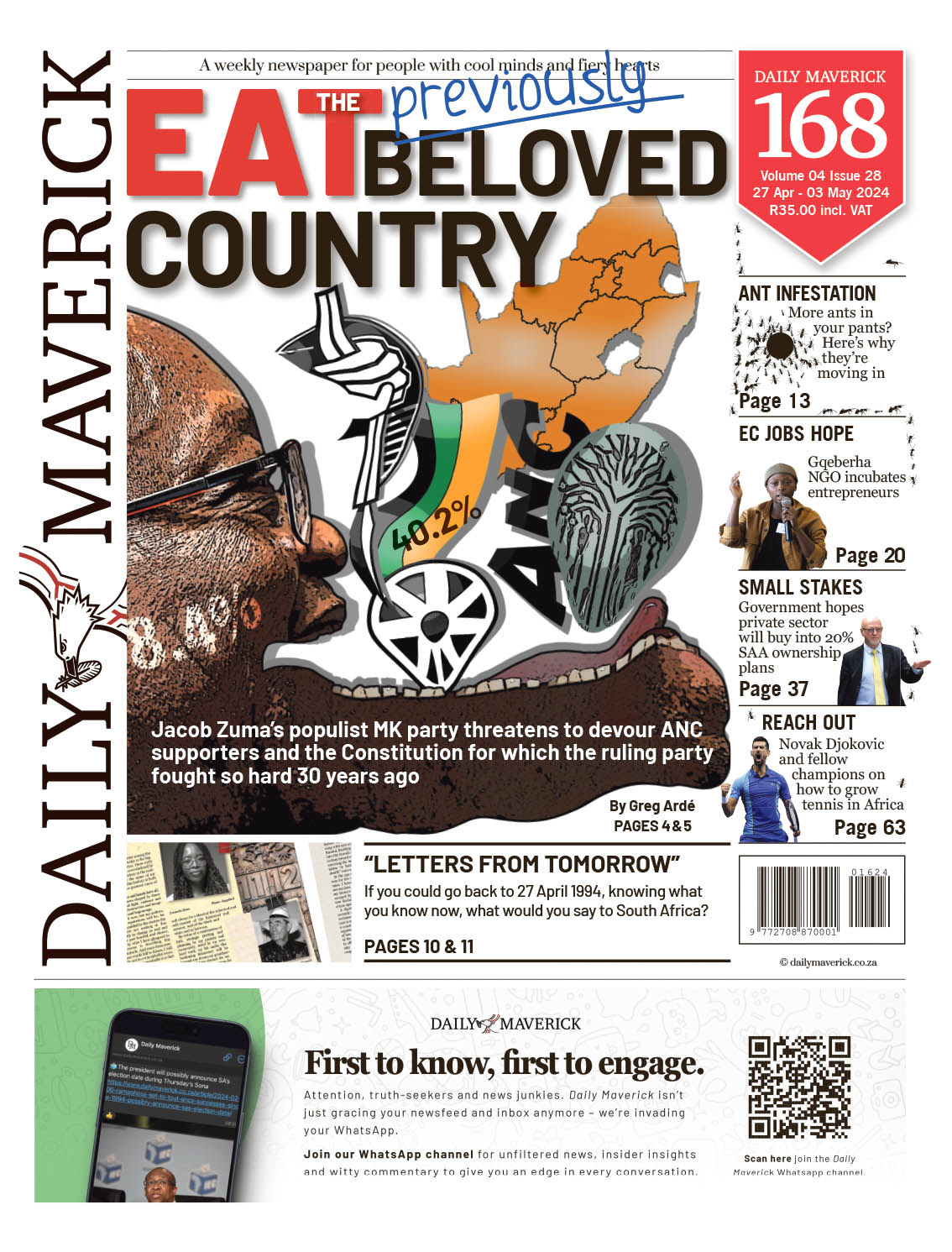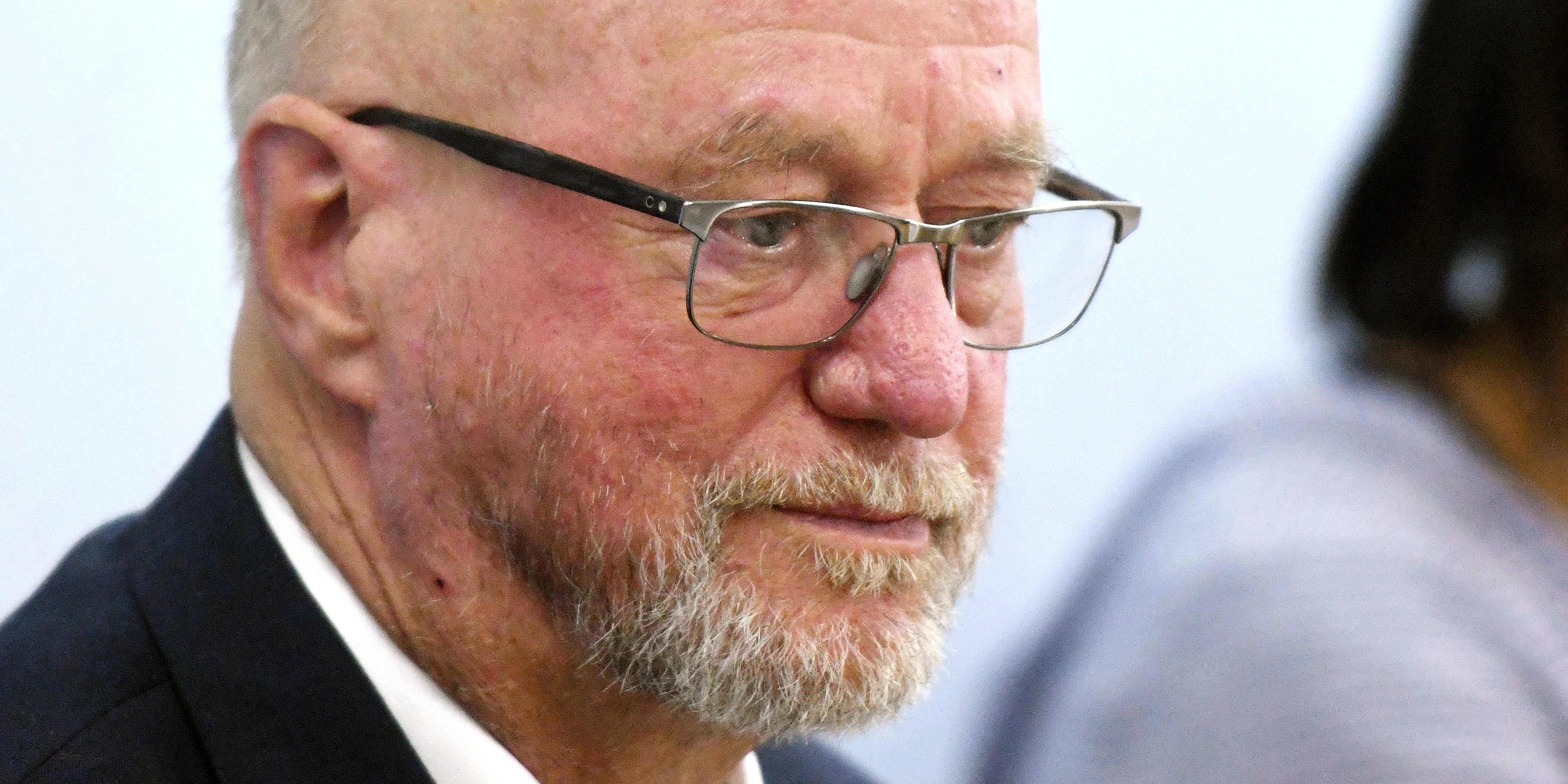The government and South African Airways (SAA) are still open to embracing private sector investors that would, this time, take up a minority ownership position in the state-owned airline and pump capital to reduce its reliance on taxpayer-funded bailouts.
In an interview with Daily Maverick, SAA interim board chair Derek Hanekom said the airline is still keen to be partially owned by private sector investors after a similar attempt to sell a majority stake in the airline recently flopped.
SAA wants potential investors to buy a minority stake of up to 20% in the airline, while the government would retain the remaining 80%. Hanekom also said SAA wants to return to debt capital markets by borrowing R1-billion to fund the airline’s expansion, which includes acquiring eight aircraft (bringing its fleet to 21) and potentially opening more international routes to London, Frankfurt and North America in the next two years.
Hanekom conceded that finding potential investors will be tough because of SAA’s tainted history of corruption during the State Capture years, the government often meddling in its operations and the airline’s affairs being drastically restructured through a business rescue process. And goodwill around SAA has been knocked after a nearly three-year process to sell 51% of the airline to the Takatso Consortium – made up of Global Aviation and Syranix (related aviation companies) and Harith General Partners (a private equity company) – was called off by Public Enterprises Minister Pravin Gordhan in March.
“SAA is more stabilised, effectively running well and expanding. But even with all of this, to get anyone to buy a minority shareholding in a state-owned company is a tough ask. Investors would also still be subjected to the whims of the government. SAA is not a quick profit-making business. So, you’d have to have investors with a long-term vision,” said Hanekom.
He was appointed the SAA interim board chair a year ago by Gordhan, who asked him to come out of semi-retirement to help the airline to transition towards the now aborted plan of it being privatised.
SAA privatisation sale cancelled
After a Cabinet meeting in March, Gordhan cancelled the sale of a 51% stake to Takatso, saying there was “no clear path for it”. The deal has been beset by problems since it was announced in June 2021.
Read more in Daily Maverick: SAA privatisation deal reaches the end of the runway, but fails to take off
First, the Competition Commission ordered Global Aviation and Syranix (both are partners in the aviation industry and co-owners of SA’s newest domestic airline, Lift) to exit the Takatso Consortium and sell their 20% shareholding in it. The competition watchdog raised concerns that the companies would be a dominant player in the commercial aviation industry because of their exposure to Lift and possibly SAA.
Second, the terms and conditions of the sale of SAA have been shrouded in secrecy, with Gordhan refusing to make public details of how it would be structured. The public remained in the dark about how much SAA (an asset in distress) was valued by the government or Takatso, or how much Takatso would shell out to the government for a 51% shareholding.
Read more in Daily Maverick: Pravin Gordhan doubles down on the need for secrecy around the sale of SAA
The third problem was that Takatso (mainly Harith General Partners as the remaining investor in the consortium) promised an initial injection of R3-billion into SAA to keep it going. This was believed to be the value ascribed to SAA and its assets. However, it remains unclear whether Takatso has already raised the money, and even its growth strategy for SAA has been kept under wraps.
Hanekom was neither surprised nor disappointed that the Takatso deal fell through, saying the Competition Commission order was the first sign that it would go awry. Some people in government are still opposed to the privatisation of state-owned enterprises and are still suspicious of the private sector, which made it difficult for the SAA deal to go over the line.
“A number of Cabinet ministers have never been enthusiastic about selling off a majority shareholding and SAA effectively losing its national carrier status in many respects,” said Hanekom.
Stabilisation plans
Without a private sector partner (for now), Hanekom said the SAA board was focusing on stabilising the airline’s leadership, governance and financial affairs.
It is also not clear whether SAA has lately turned its situation around, from perennially recording financial losses to being profitable. In October 2023, SAA submitted its financial statements for 2022/23 for auditing and this audit is still in progress with the Auditor-General. Financial statements for 2023/24 are also outstanding.
Hanekom said the airline was showing “a modest profit at this stage and no loss is expected” for the 2022/23 financial year. A similar situation is expected for the 2023/24 financial year, with early indications being that the airline is “cash positive [meaning, more money is coming in than going out]”. However, the situation could markedly change after the audit.
In its latest report, the Auditor-General painted a picture of SAA still being in a mess, saying the airline’s “continued dependency” on funding from the government for its operations remains a key risk to its “going concern” status. The going concern test is one that companies must pass to secure a clean bill of health from their auditors.
Rookie errors are still being made at SAA. The Auditor-General also found that SAA “does not have an adequate record-keeping system”, which compromises its ability to produce accurate financial statements.
Hanekom said SAA is dealing with the concerns raised by the Auditor-General, including making permanent appointments at the airline for senior roles. As to whether his role as the interim SAA board chair would be made permanent, Hanekom said it would depend on the new public enterprises minister after the general elections. DM
This story first appeared in our weekly Daily Maverick 168 newspaper, which is available countrywide for R29.






